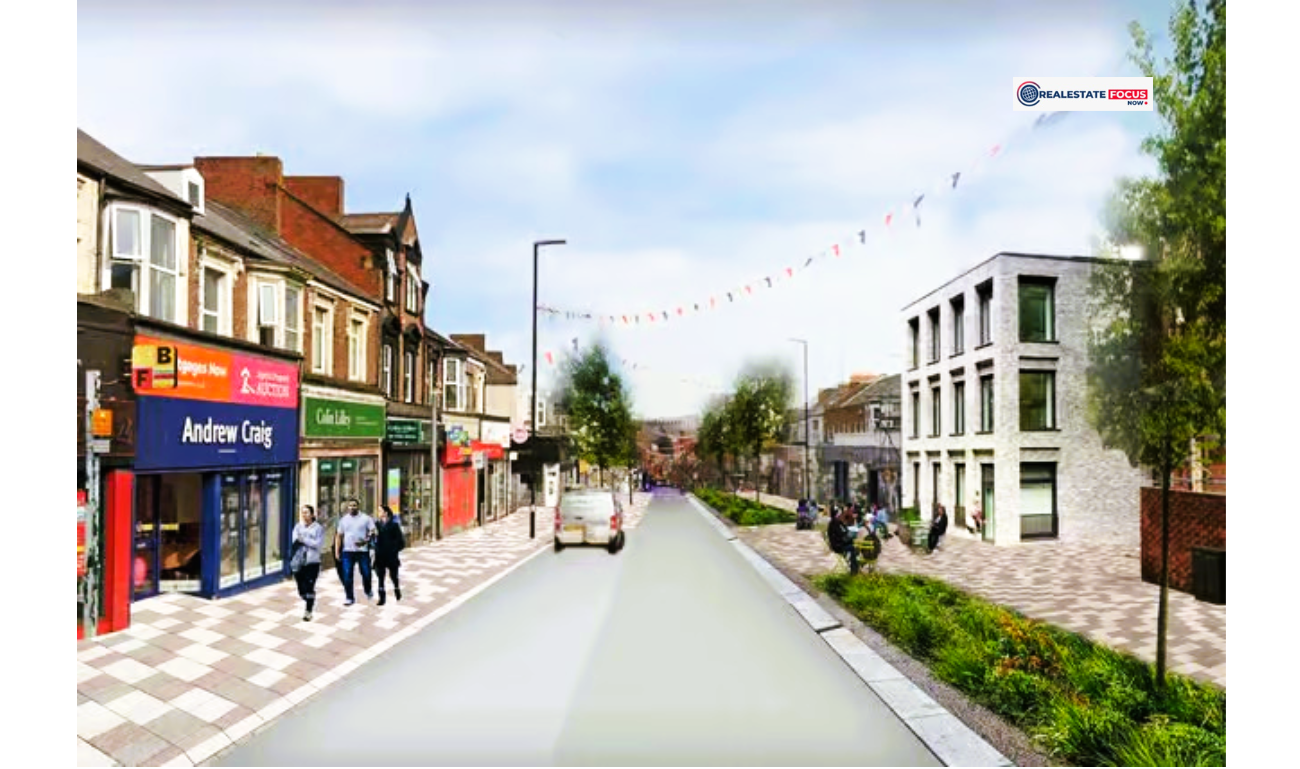

Glen Earrach Energy Pledges £20 Million Annually to Highland Communities from Pumped Hydro Project
Glen Earrach Energy (GEE), the developer of a proposed 2GW pumped storage hydro project near Loch Ness, has announced a significant community investment initiative, pledging 5% of its annual gross margin revenues estimated at over £20 million per year to support communities across the Highlands. The commitment is set to become the largest of its kind in the UK energy sector.
The proposed Community Wealth Fund aims to deliver long-term, tangible benefits to local residents by funding initiatives in key areas such as housing, employment, infrastructure, environmental restoration, and community wellbeing. The fund is designed to ensure that the communities hosting this nationally significant energy infrastructure directly share in its economic and social benefits.
GEE developed the fund following extensive engagement with local communities, stakeholders, and regional organisations. A new research report, the first of its kind in the UK energy industry, combined public consultations, national polling, and community-led input to shape the fund’s structure and governance. The outcome is a transparent and future-focused model tailored to regional priorities.
Rachel Searle, Head of Communities and Impact at Foundation Scotland, welcomed the initiative, describing it as “pioneering” and a strong example of community-informed planning. “Glen Earrach Energy has demonstrated a deep understanding of the region through meaningful engagement. This fund reflects a genuine commitment to long-term, community-led development,” she said.
Angus MacDonald MP, who represents Inverness, Skye and West Ross-shire, praised the announcement, calling the 5% commitment a “meaningful stake” for the Highlands. “This is a significant step forward in recognising the role that rural communities play in hosting major renewable infrastructure,” he stated. “It sets a powerful precedent for future projects.”
Pending planning approval, the Balmacaan hydro project has the potential not only to deliver large-scale clean energy, but also to establish a new benchmark for how energy developments can contribute to regional resilience, equity, and sustainability.


















